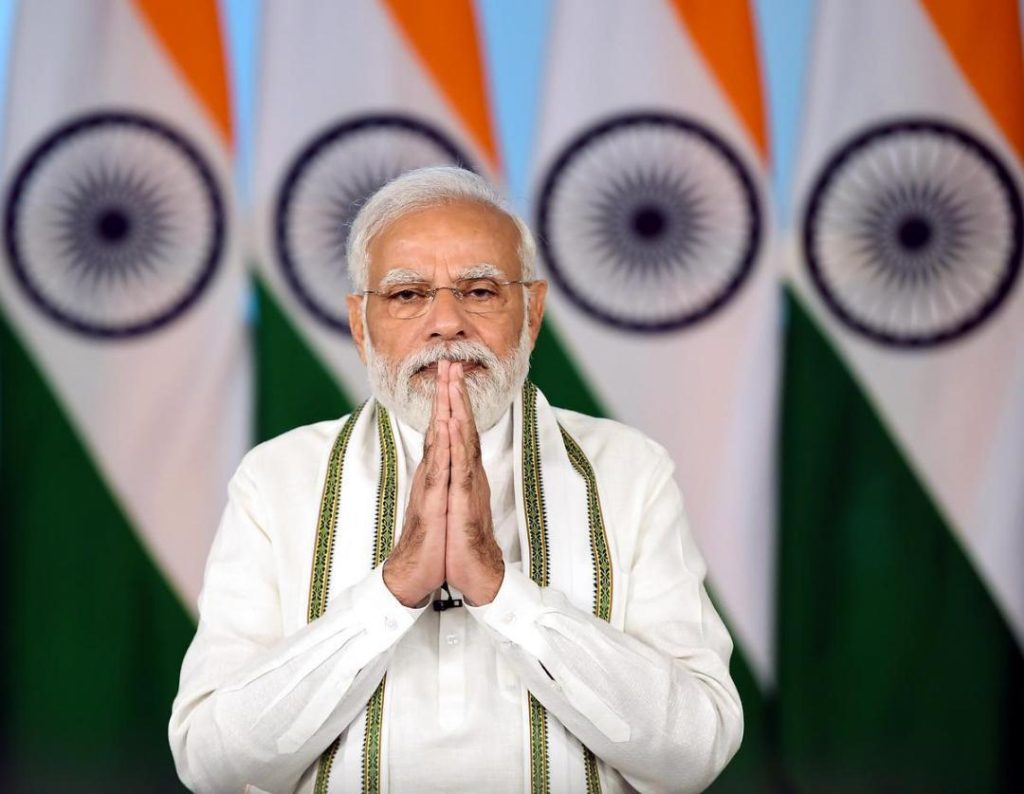
Why PM Modi’s Alipurduar visit carries geopolitical weight?
Prime Minister Narendra Modi’s upcoming public meeting in West Bengal’s Alipurduar district on May 29 is shaping up to be more than a routine political event. After the successful military crackdown Operation Sindoor, his upcoming address in Alipurduar—a strategically located district close to Bhutan, Bangladesh and China— is expected to carry geopolitical significance as well.
Located in the Jalpaiguri division of West Bengal, Alipurduar is a significant district that shares borders with Bhutan and Bangladesh. The district is also close to the Himalayan foothills, making it a critical location for India’s overall security and defense strategy. The visit is significant not only for its political implications but also for its potential to boost India’s economic and strategic ties with neighboring countries.
The district has been in the news recently due to the Operation Sindoor, a military crackdown launched by the Indian Army in the region to flush out Chinese and Bangladeshi nationals who were allegedly involved in illegal activities. The operation was seen as a major success, with reports suggesting that over 200 Chinese and Bangladeshi nationals were detained and several illegal structures were destroyed.
The visit comes at a time when India is looking to strengthen its ties with neighboring countries, particularly Bhutan and Bangladesh. Bhutan has been a key ally for India, and the two countries share a special relationship that is built on trust and cooperation. In recent years, India has been working to strengthen its ties with Bangladesh, which has been a significant development in the region.
The district is also home to the Mahananda Wildlife Sanctuary, which is a significant habitat for the endangered Greater One-horned Rhinoceros. The sanctuary is also home to other endangered species such as the Asian Elephant, the Bengal Tiger, and the Ganges River Dolphin. The Prime Minister’s visit is expected to focus on the development of the district and the conservation efforts in the sanctuary.
The visit is also significant from the perspective of regional politics. The Bharatiya Janata Party (BJP) has been trying to make inroads in West Bengal, which has traditionally been a stronghold of the Left Front and the Trinamool Congress. The visit is seen as an attempt by the BJP to strengthen its presence in the region and to build a strong coalition in the state.
The district is also home to the Alipurduar railway station, which is an important transportation hub in the region. The station is a key stop on the New Jalpaiguri-Alipurduar section of the Northeast Frontier Railway, which connects the region to the rest of the country.
The visit is also expected to focus on the development of the district’s infrastructure, including the construction of roads, bridges, and other critical infrastructure. The district is a significant agricultural producer, with tea, jute, and rice being major crops. The visit is expected to focus on the development of the agricultural sector in the district and to improve the livelihoods of the local population.
In recent years, India has been working to strengthen its ties with its neighboring countries, particularly Bhutan and Bangladesh. The visit is expected to build on these efforts and to further strengthen India’s relations with the region.
The visit is also significant from the perspective of regional security. The district is located close to the borders with Bhutan and Bangladesh, making it a critical location for India’s overall security and defense strategy. The visit is expected to focus on the security challenges in the region and to strengthen India’s ties with its neighboring countries.
In conclusion, Prime Minister Narendra Modi’s upcoming visit to Alipurduar district in West Bengal is significant not only for its political implications but also for its potential to boost India’s economic and strategic ties with neighboring countries. The visit is expected to focus on the development of the district and the conservation efforts in the Mahananda Wildlife Sanctuary, as well as to strengthen India’s ties with Bhutan and Bangladesh. The visit is also expected to carry geopolitical significance, with the district being a critical location for India’s overall security and defense strategy.






